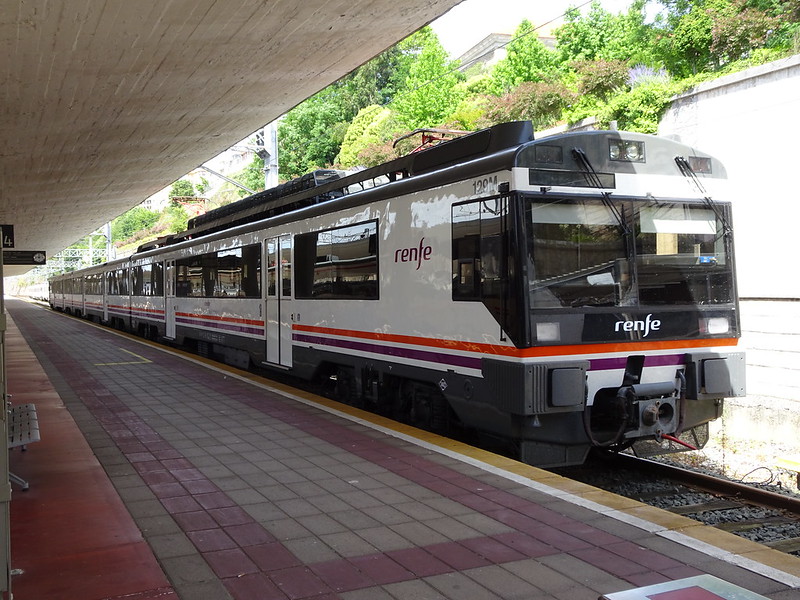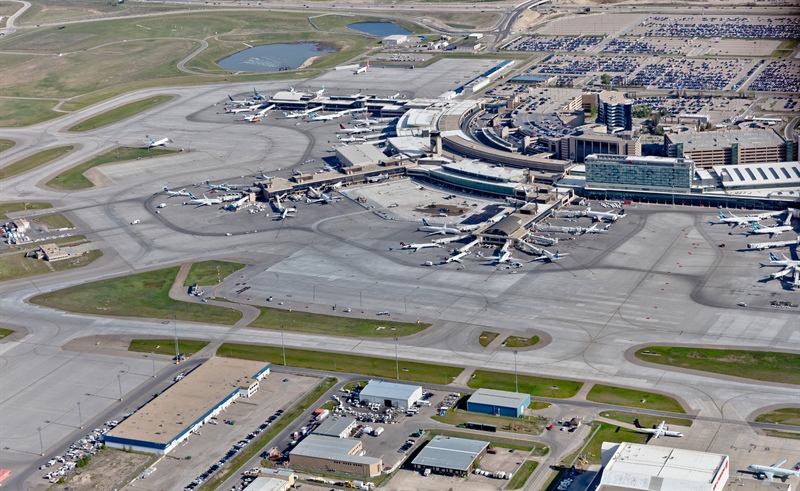
Photo: Hugh Llewelyn (Flickr)
New MaaS platform to launch in 27 Spanish cities
12 August 2021
by Christopher Carey
Spain’s national railway operator Renfe has awarded tech firms Siemens Mobility and Everis a five-year contract to develop a countrywide mobility-as-a-service (MaaS) platform.
The digital platform will integrate transport modes including train, bike, metro, bus, car-sharing and e-scooter services, enabling passengers to identify and book the option that best suits their needs.
Once completed, the service will be available in 27 Spanish cities, including Barcelona, Madrid, Bilbao, Valencia, and Seville.
“MaaS is a very passenger-centred approach and significantly enhances the passenger experience for travellers throughout Spain and will contribute to making sustainable modes of transportation more attractive,” said Agustin Escobar, CEO of Siemens Mobility Spain and Southwest Europe region.
“Renfe is shaping the future of mobility in Spain and we’re proud to be part of this journey.”
1.8 million new trips
Siemens Mobility will provide the core technology for the system while Everis will supply the system integration and support for commercial operation, including marketing and legal aspects.
Renfe says the platform will attract a minimum of 650,000 new rail passengers who will generate 1.8 million new trips within five years.
This is expected to increase train ticket sales in the main corridors by up to four percent and provide up to €156 million (US$183 million) extra income.
Is MaaS the future?
For the past five years, MaaS has been touted as the future of transportation, where users can access and pay for all their transportation needs in one place, eliminating the need for private car ownership.
Finnish startup MaaS Global, Citymapper and Moovit have emerged as key players in the field, but despite millions of dollars of investment, the concept has yet to take off on a global scale.
In June, Finnish newspaper Helsingin Sanomat reported that MaaS Global had spent €50 million on failed expansion ventures, something the company disputes, saying the money was spent on “integrating multiple transportation providers, establishing market readiness in several countries, and developing the complex technology that underpins the app”.
The COVID-19 pandemic has hampered the expansion of MaaS, as cities and their residents ground to a halt last year.
But as transit levels slowly return to previous levels, the concept has again reemerged in policy circles.
Last month, Pittsburgh announced the creation of a city-run MaaS programme, Move PGH, in conjunction with the Transit app.
The project integrates all city transport services, with the exception of ride-hailing, and is the first example of a municipal-led MaaS project in the US.
Turin in Italy recently began recruiting for up to 1,100 residents to volunteer to take part in a 12-month MaaS trial.
Image: Hugh Llewelyn (Flickr)








